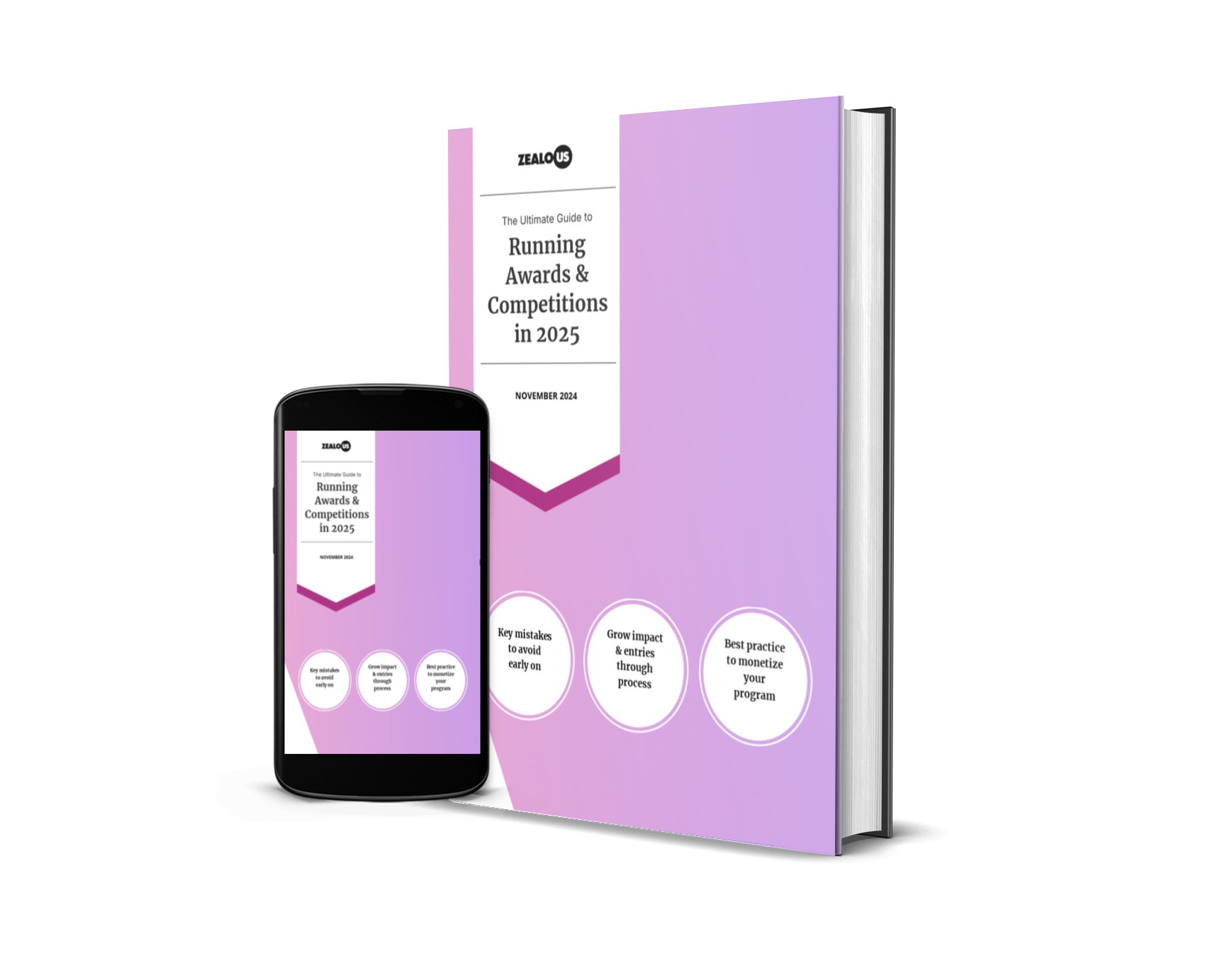Purpose
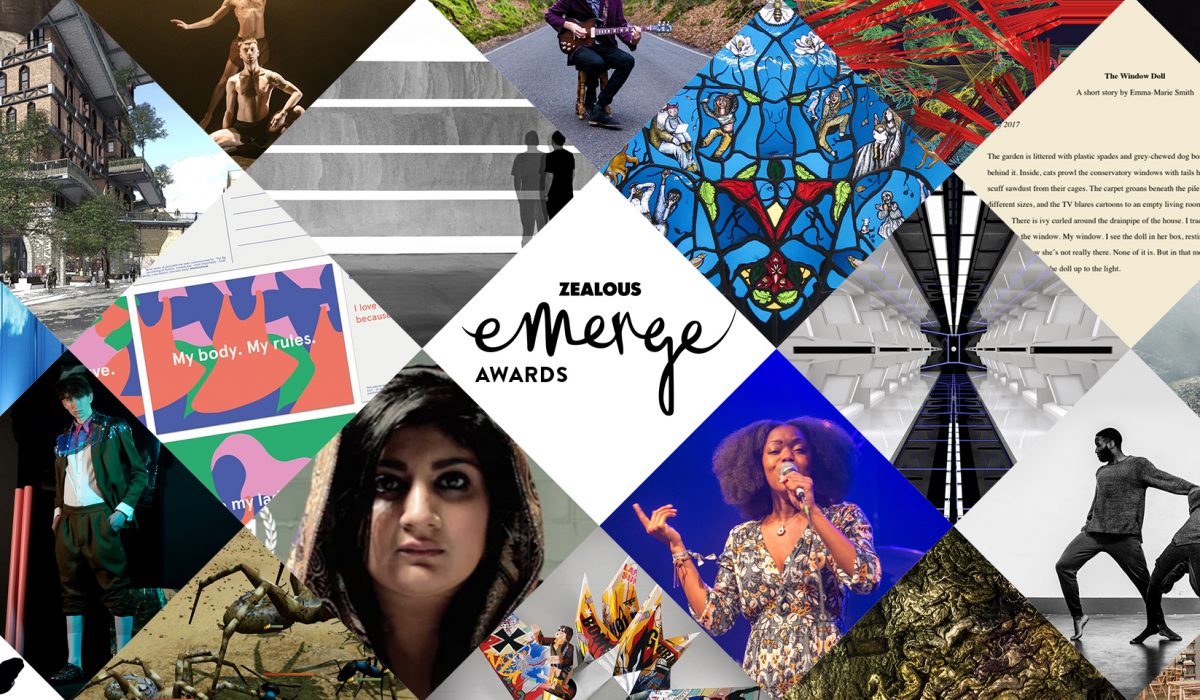
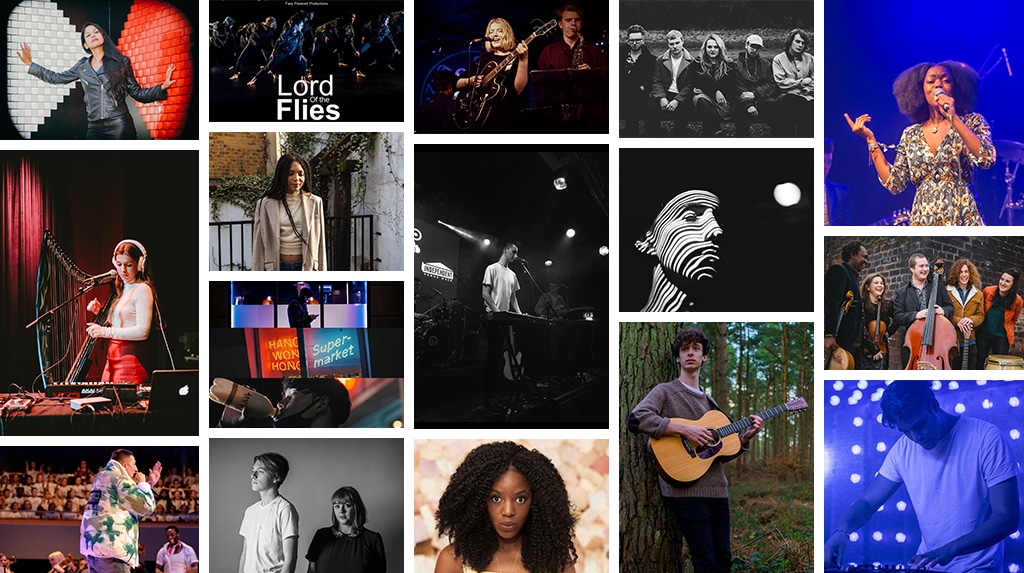
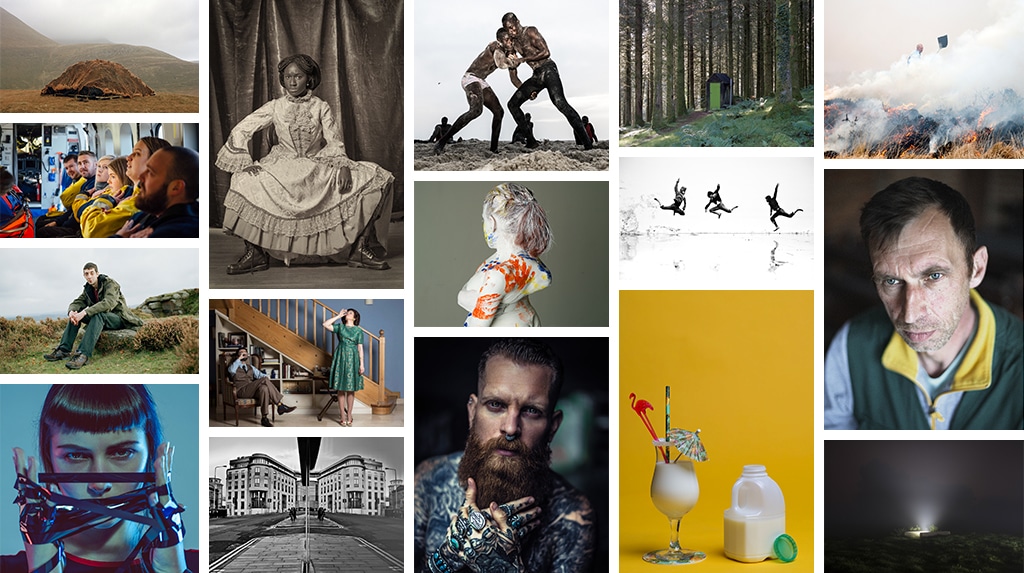
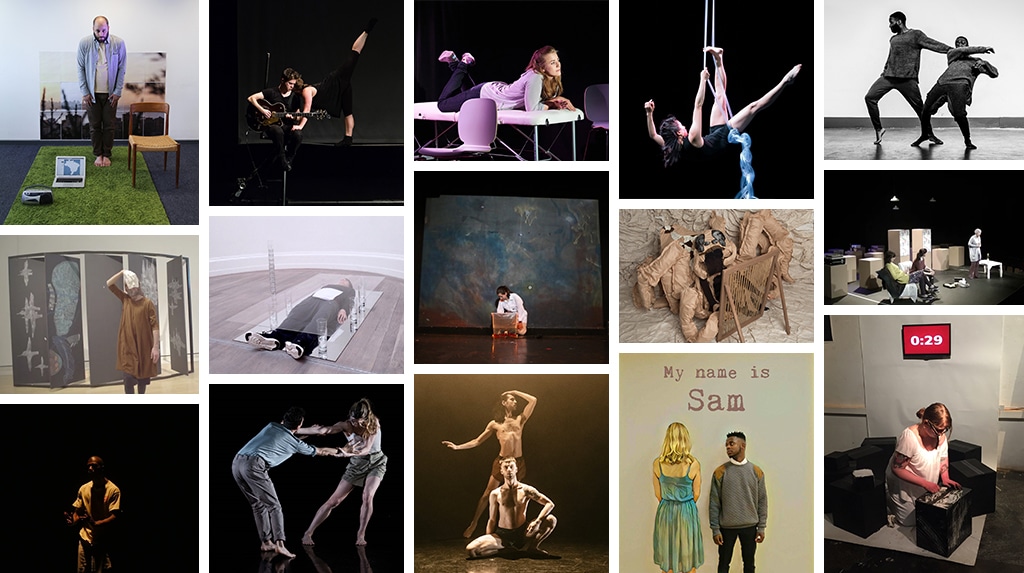
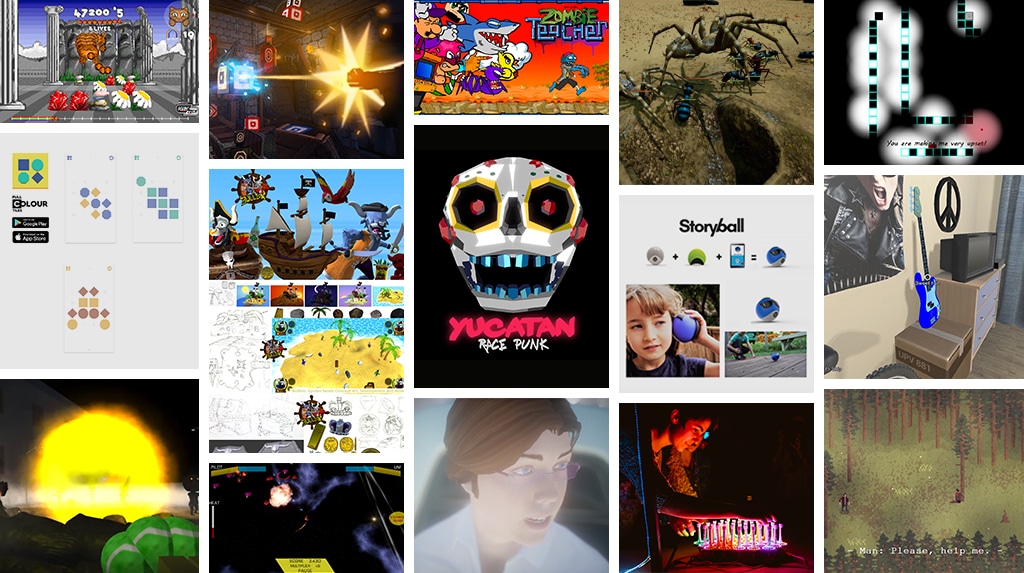
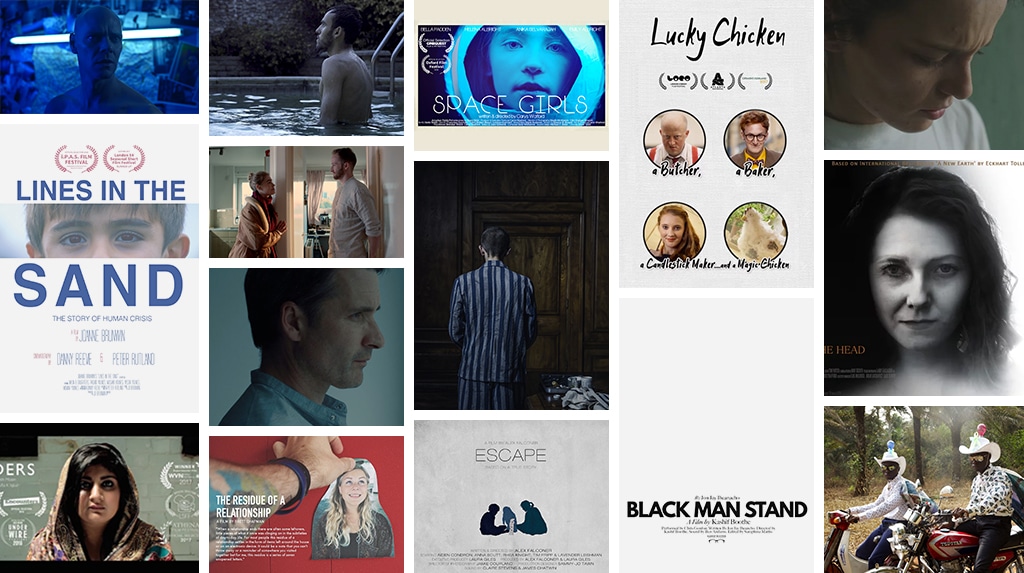
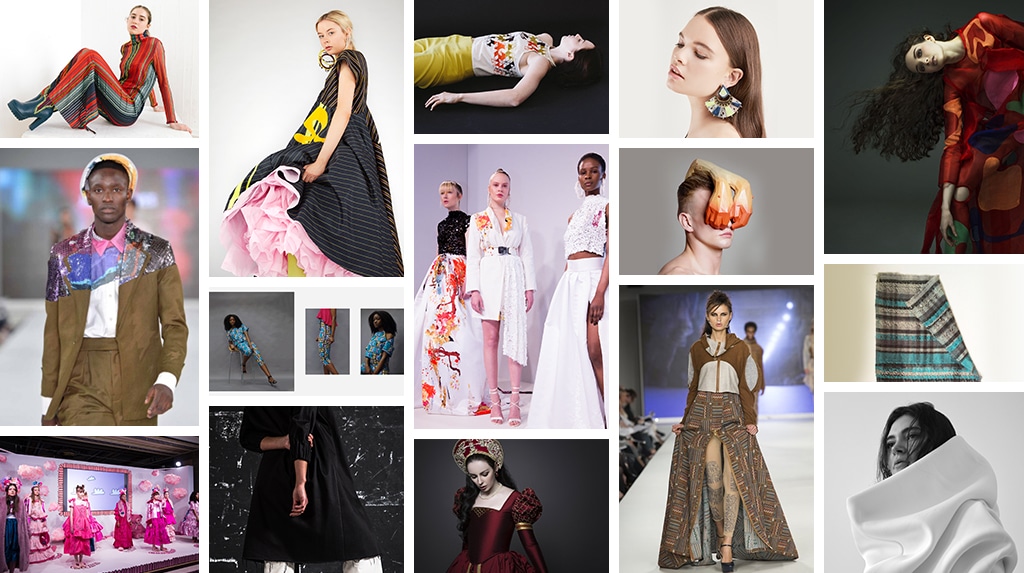

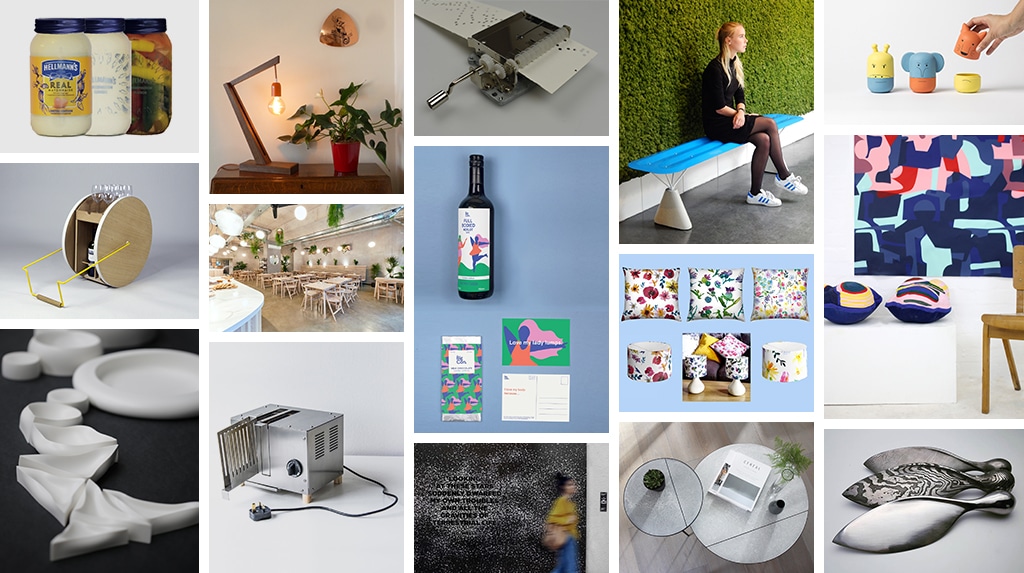
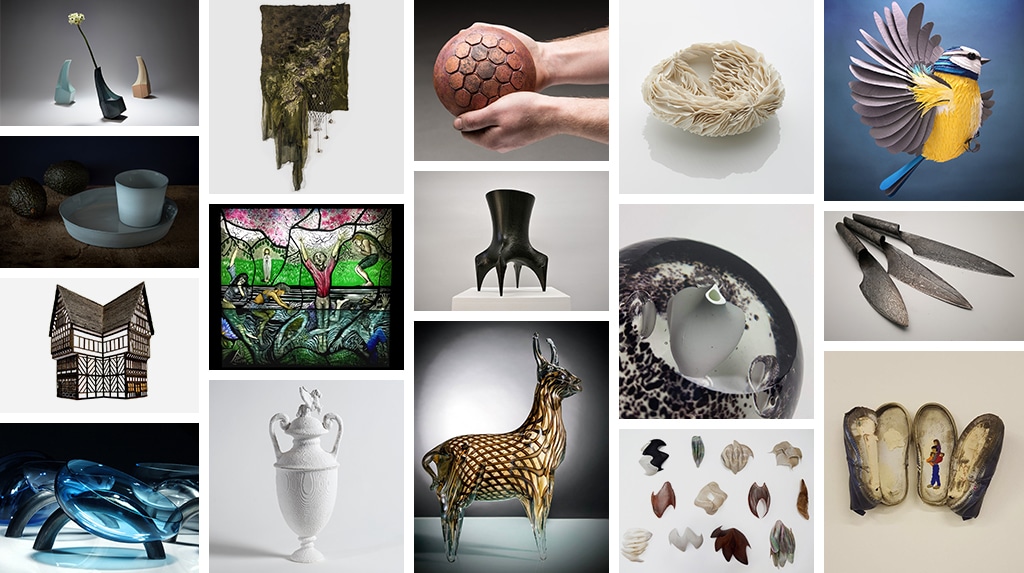

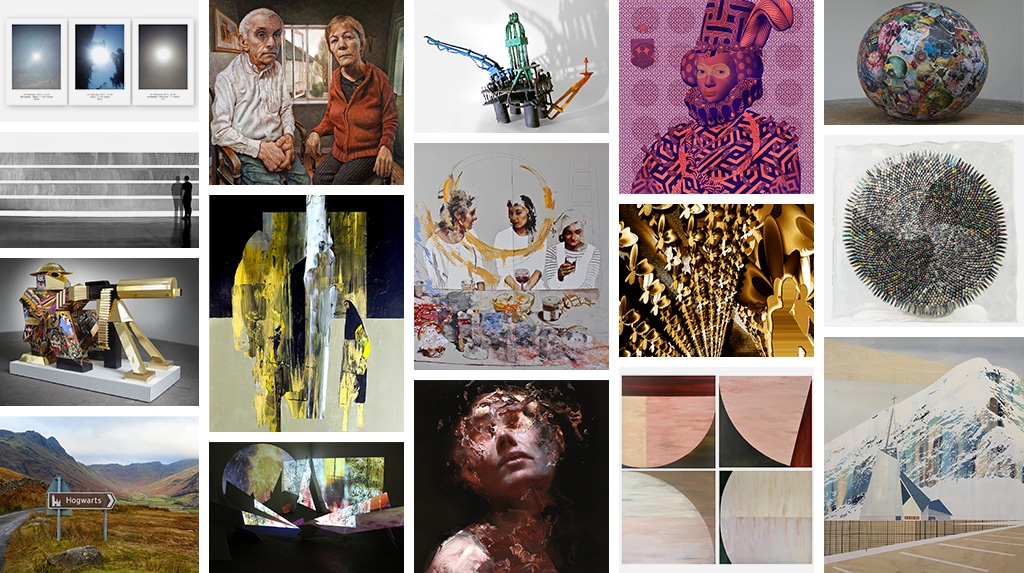
Last year, Zealous launched its first ever Emerge Awards. As well as celebrating the incredible work emerging creative talent undertakes across the UK, we sought to give creators a voice to help support their future.
As part of their application for the awards, we asked all candidates to fill out a series of questions about them and their journeys. By sharing them, we hope to generate dialogue and strengthen policy in the UK to better support those at the start of their creative careers, and in turn, guarantee the continual growth of our industry.
Who submitted
The Emerge Awards were engineered to guarantee a fair representation of submissions from across the UK. Entries included creators from the whole creative sector. This allowed us to compare the shared opportunities and challenges our creative class face early in their careers.
We were careful in creating an environment which allowed for candidates to represent the true diversity of the sector. These took into consideration geography, social backgrounds, race, gender and age.
Our first ever awards received 2,200 submissions by 1,800 emerging creators. We have worked hard to echo their voices accurately throughout this article and thank all our wonderful judges, sponsors, and partners who gave us access to places we could not have otherwise reached.
Emerging does not mean young
1 in 5 emerging creators are above the age of 35
When we speak about nurturing talent we often think about young people, yet 20% of our emerging creative class is over the age of 35.
This has a wide-reaching impact on how we support talent early on in their careers. Opportunities and funding for emerging artists often come with age restrictions. These hinder creative development for those who might have decided to join the creative industries at a later stage of their life.
Long Term Outlook
With an increasing amount of jobs being threatened by automation, it is likely more and more people will migrate to the creative industries later in their careers. To maintain a healthy society; we will need to allow them to integrate quickly within our sector.
Giving them the right support for their development will allow them to become self-sufficient as quickly as possible.
We persist! Despite the hardship of being working class parents we are fuelled by tea, biscuits and Northern Grit!
Emerge Creative
OUR RECOMMENDATION
Early career does not mean young. Where possible, age should be removed from the systems built to support early career creative talent (government initiatives, funds…) redefining our categorisations of ‘emerging’ with suitable alternatives (e.g. years practicing in a professional capacity).
Talent takes time
Still emerging after 6.4 years
The road to success within the creative industries takes longer than most people think. Most creators consider themselves emerging after practicing their craft for an average of 6.4 years with 8% of all answers beyond 15 years.
Long Term Outlook
The actions we have taken in the last decade are yet to impact our industry.
Although half of the emerging talent who applied to our awards still attend university, responses highlighted an aspiration for knowledge enrichment (with 1 in 3 identifying as “self-taught”). Programs supporting emerging talent are disappearing (e.g. Creative Skillset, Hiive, Ideastap), and apprenticeships are failing to make an impact (only 1.4% of our community made use of the apprentice scheme).
Should the UK follow its current trajectory with the systematic disappearance of creative subjects from primary education and the rising costs of formal education – we are at risk of suffering from a dry talent pipeline in the next decade.
With the creative industries so dependent on one another (what is gaming without design, music, writing…), and indirectly inspiring one another, the loss of talent across any field could lead to a detrimental impact on us all.
I admire any artist, no matter their discipline, who chooses the long, difficult, but ultimately rewarding path of creative dedication. Go after it ruthlessly nonetheless, and through examples of success, encourage more artists to seek out and embrace their vocation.
Emerge Creative
OUR RECOMMENDATIONS
Giving the creative industries a single point of reference for self-development (e.g YouGov for the Creative Industries) would allow for:
– shared knowledge to be pooled (e.g. from Art Council, Craft Council, BFI, Creative England, Technation…)
– provide support for those that have none (e.g. Poets, Digital Artists)
– allow for a body to represent the needs of emerging talent to government.
This would allow our industry to be more agile in a continuously evolving ecosystem.
Diversity is a core creative strength
1/3 highlighted the UK’s diversity as being vital to their craft.
The UK’s multicultural heritage and inclusive society have been flagged as an important part of creating in the UK. Creatives, especially those who have lived overseas, spoke highly of the positive effect formed by this wide pool of inspiration.
Long Term Outlook
At present, it is hard to have a clear long-term outlook on how accessible the UK will be to our neighbours.
It is dangerous to think diversity is solely dependent on our relationship with Europe. Our sector thrives on social mobility, the mixing of our communities and the ability to access each others skillsets. With so much energy going into Brexit, we risk losing focus on our strategy to develop ourselves and provide an adequate environment for our growth within the UK.
Polarizing the talent creating the content our society so voraciously consumes, will have a detrimental impact on our ability to empathise with one another. This will, in turn, lead to further fragmentation of our society.
I feel so privileged to have been born into a country so rich in culture and opportunity. Here, you can get a taste of so many cultures from across the world which has really broadened my horizons, massively influencing my music
Emerge Creative
OUR RECOMMENDATIONS
The diversity of the creative industries directly impacts our ability to create and enriches our sector and society. Anyone should have access to a creative career, regardless of their background.
This is a complex issue which demands a coherent long-term strategy which includes access to community spaces, our education (formal and informal), tax breaks for creative projects, funding opportunities and international access to our market.
It’s harder to be seen
40% of us struggle with marketing.
Education teaches students the skills to create, but not necessarily the skills that will allow them to build a business around their craft. In an increasingly competitive landscape. Getting attention from the right people is pivotal in allowing emerging talent to subsist from their craft.
Long Term Outlook
The creative market will only get busier, this will make getting noticed by the right people increasingly complex.
Technology will become increasingly useful in giving creators access to their audiences, but this will come at a cost. The learning curves to leverage them will become increasingly steep, the rate of change increasingly quick, and the opportunities lost as services monetise their offering (e.g. Facebook only showing posts to 1% of your followers, unless you pay).
Hard work brings in rewards – good marketing seems to be key.
Emerge Creative
OUR RECOMMENDATIONS
Creators need to pick up the same skills as entrepreneurs and become agile to flourish in their market. Creative education needs to evolve to include marketing, distribution, pricing… into their curriculum. This will allow those they serve to hit the ground running once they leave their courses.
The government has identified these exact same needs for our tech ecosystem; through programs like TechNation. The creative industries should be viewed through a similar entrepreneurial lens, allowing for the acceleration of creative talent, and a body to represent their needs to government.
Conclusion
1 in 4 feel improving society drives their practice.
With little development support, the creative sector has learned to self-serve and attract those willing to make sacrifices for their craft. Many of our community have put up with these hardships due to the positive impact they wish their work to have on their audiences.
It would be easy to assume that this will continue to be the case. But with developing markets increasingly investing in their creative industries, rising prices in the UK and the systematic devaluation of creative work – it may not take much to tip the balance, and completely price out our creative class.
Whilst other sectors are spluttering, the creative industries have been growing steadily. This will only be accelerated with the rise of automation displacing jobs in our sector. Small steps such as removing age as a criterion for submitting to opportunities will allow us to integrate those coming to our sector later in their careers.
It takes a decade to impact our talent pipeline. We must begin supporting and nurturing emerging creators better today to unlock our sectors full potential tomorrow. We’ve celebrated the sectors tremendous potential, but it’s now time for us to put our money where our mouth is, create a long-term strategy and invest aggressively in our industry.
Working in the creative industry is both terrifying and incredible, with an industry so full of talent it can be increasingly hard to get noticed, but whilst at a creative university, it has taught me how as creatives working together can make us stronger.
Emerge Creative
HOW YOU CAN HELP
If this article inspired you and you know people who can make a change – share it with them.
If you want to get involved in our awards or have questions, please get in touch.
Want to continue the conversation. Share your thoughts on our social media feeds (on the right).
Let us know you want us to write more content like this with a love!
Share

Guy Armitage
Founder
View Profile

